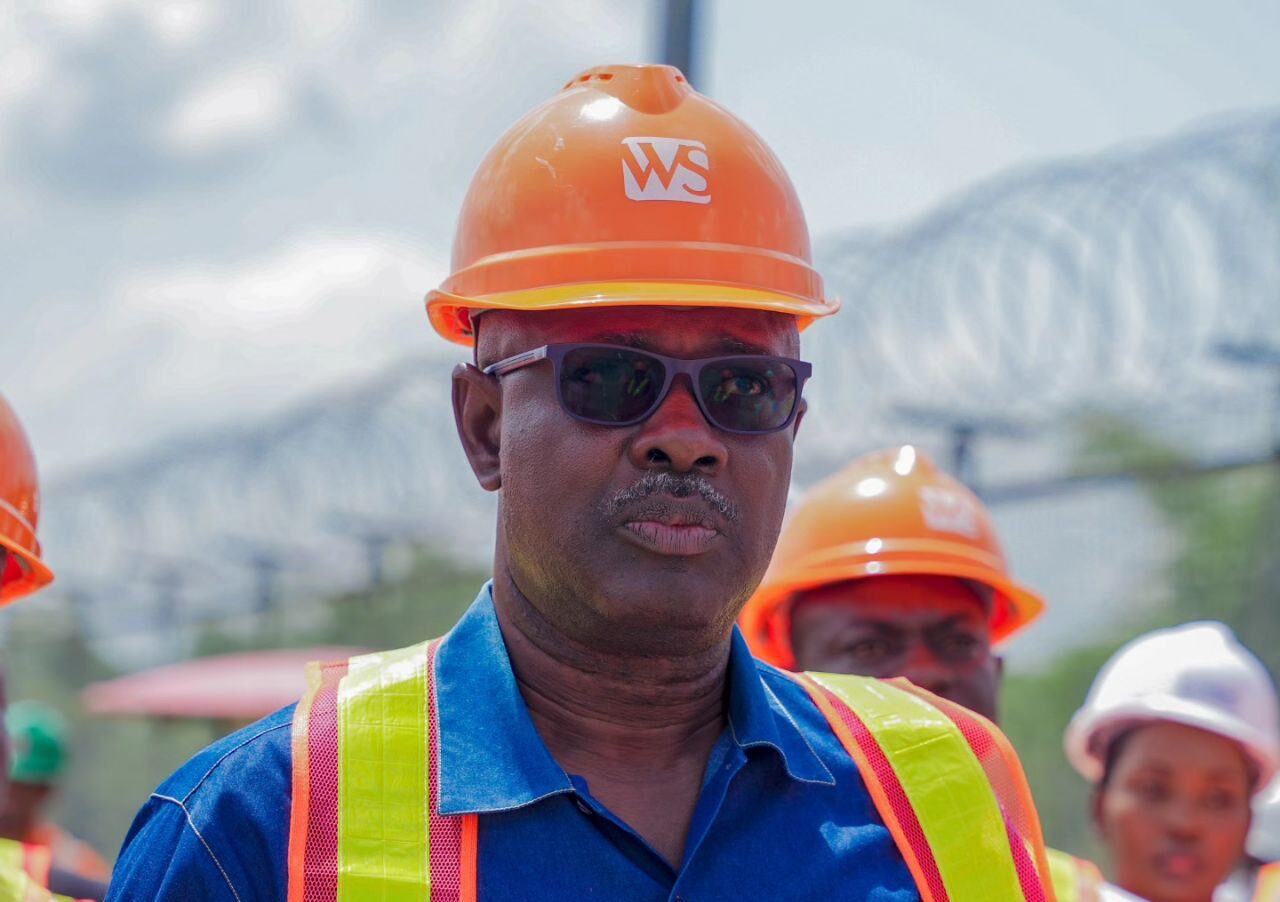Oil Theft: Nigerian Government Approves $21 Million to Meter Oil Flow Stations
The Nigerian government has approved the sum of $21 million for the metering of 187 oil flow stations across the Niger Delta region to help promote effective monitoring of the country’s crude oil production and distribution.
Heineken Lokpobiri, Minister of State for Petroleum Resources (oil), disclosed this at a press briefing in Abuja on Friday.
Mr Lokpobiri explained that the metering project is in line with the government agenda to curb the issues of oil theft bedeviling the country’s oil and gas sector.
“One of the key decisions of the Federal Executive Council (FEC) on Wednesday has to do with the awarding of the contract for metering of our 187 flow stations across the Niger Delta region of Nigeria by the Nigerian Upstream Petroleum Regulatory Commission, (NUPRC). As part of our steps to ensure that we have proper accountability, FEC approves the metering of all our production.
“We have 187 flow stations in the country to be metered across the Niger Delta area, and there was a contract awarded for us to meter all the flow stations so that we will be able to properly account for what we produce and what we export.
“The cost of the contract for the metering project is about $21 million. That is the cost of the contract as approved by the Federal Executive Council, chaired by the President, Commander-in-Chief of the Armed Forces,” Mr Lokpobiri said.
He said this is a major development that has never happened in the country.
“And this project is meant to be completed within six months, within 180 days. And it’s important that Nigerians know some of the key steps that this government is taking to ensure that we maximise opportunities that other countries are getting by the availability of oil and gas in Nigeria.”
Mr Lokpobiri also revealed that the FEC also approved the contract for the advanced cargo, which is due for completion within 180 days to ensure transparency and accountability in the sector.
“The second key issue is what we call advanced cargo. And one of the step towards ensuring that we account for what we produced and then Nigerians get the maximum value for what we produce, the second memo that was approved by the council has to do with what we call advanced cargo, which means we are awarding a contract to a company that will provide the technology within 180 days, to enable us to know from the point of loading of every cargo of crude oil that’s loaded in Nigeria up to the point of destination. That’s why I call it advanced cargo,” he added.
He said most of the time, the government talks about the issue of oil theft but major steps have not been taken.
“This is the time to take very major steps, so that we know from the beginning what we produce to the point of loading from our terminals up to the point of destination.
“This is also to ensure that the database and control centre are dedicated to tracking our crude oil export from the point of loading to the final point of sales in any part of the world where our crude oil may be sold,” he said.
Crude theft and pipeline vandalism are major problems plaguing Nigeria’s oil sector despite repeated efforts to curb the menace by past administrations.
In November 2023, The Nigerian National Petroleum Company Limited (NNPC Ltd) said oil thieves had vandalised over 5,000 kilometres of oil pipelines connecting different parts of the country.
The NNPC Ltd group chief executive officer, Mele Kyari, who disclosed this when he appeared before the Senate Committee on Petroleum (Downstream) on 21 November said the continuous vandalisation of the pipelines was causing a huge loss to the NNPC Ltd while describing the situation as a ‘national calamity’.
Last December, NNPC Ltd said illegal oil refiners connected 4,800 pipelines on its over 5,000 kilometres of oil pipeline across the country.
Also Read: Oil Theft: NSCDC uncovers illegal refining sites in Rivers
Mr Kyari who disclosed this when he appeared before the Senate Committee on Appropriations lamented the increase in illegal connection of oil pipelines in the Niger Delta region and other parts of the country.
“As it is today, about 4,800 illegal connections are made on the over 5,000 oil pipelines across the country.
“The illegal connections on oil pipelines in the Niger Delta is so rampant that within 100 kilometres of the affected pipelines, 300 insertions are made on them, which eventually made the pipe to be weak to the point of not being able to hold the pressure of oil pumped, let alone, delivering it to targeted destination,” Mr Kyari said.













